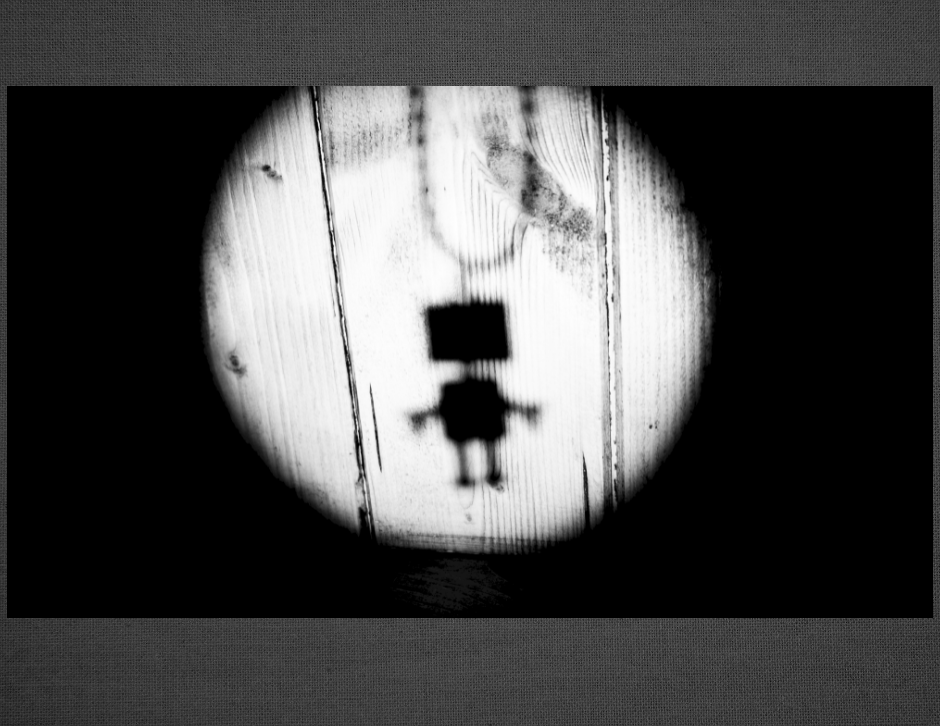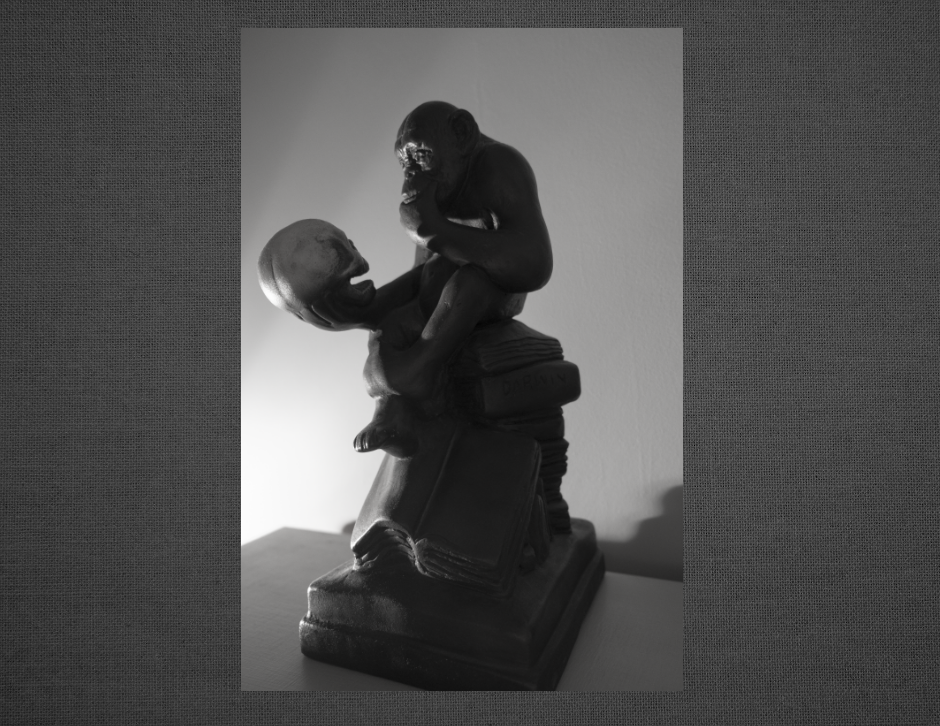Fantasy - The Genre of Imagination
- Michael F Simpson
- Mar 11, 2022
- 7 min read
Updated: Jul 2, 2025
In the first essay this month, I discussed the concept of genre, defending it from some common criticisms and exploring why it matters. The rest of the month, I’m looking more deeply at specific genres, and asking certain questions about each one. What it means, what it includes, and what kinds of decisions lead to its summoning.
This week, I’m talking about the fantasy genre, and the trends and themes I have noticed within it throughout my own fantasy reading.
I’m starting here for a couple of reasons. One is that the fantasy genre is an intrinsic part of human storytelling. From the very beginning we have been bringing in fantastical elements to boost our story to new heights. Whether it’s folklore, mythology, or more recent subgenres of fantasy, this ‘other side’ to the story has been an important pillar of storytelling.
The other reason I’m starting here is that sometimes a genre can be difficult to define, but that’s not true here. Fantasy, thanks to its name, is very simple to define.
It is a story that includes elements of the fantastical.
A fantasy story cares not for our world*, and wishes to take us someplace else. Another world, with a totally different set of rules. While there are usually still humans, and other recognisable elements to the world like villages and natural landmarks like rivers and mountains, the story is much more interested in the elements that we can’t recognise, and thus the world is filled with magical, unique and unfathomable creatures and people, not to mention systems and physics that are equally fantastical, such as magic and gods.
(*Actually, it’s not all that true that it ‘doesn’t care’ for our world – but I’ll come back to that in a moment.)
The above definition is specifically related to the subgenre of high fantasy, where the story takes place in its own world created from scratch – but a story doesn’t have to go all that way to be fantasy.
It can be urban fantasy, or magical realism, in which subgenres the story takes place in our modern day world, but brings in some little, subtle fantastical elements… or bringing in a whole world of fantasy. Either casting it as a regular part of this version of our world, or something totally new to our main characters just as it is to us, the readers.
Crucially though, a fantasy story is achieved through creating, introducing and exploring the fantastical element – whether it is a whole world, or just a small part of a more recognisable world. In this way, the story becomes something new, something other to our regular day to day lives by virtue of the magical or supernatural. It’s about the author using their imagination to create something uniquely them, then build it with such care and talent that we believe in it, for just a moment.
Fantasy isn’t just an exploration of the author’s imagination though. Often it’s an exploration of the reader’s as well – asking us to suspend disbelief, and crafting a world, or another side of the world for us to explore alongside the author and their characters. Not only describing vivid images, but leaving some of it open to the reader’s interpretation so that they can form their own interpretation of this world and its inhabitants.
Most important of all then, fantasy is the genre of imagination, a medium by which writers and artists can explore not only their imagination, but imagination itself.
How did this get started?
Well, it sort of just did. A lot of people attribute modern fantasy to influential authors like Tolkien and Pratchett, and those are for sure important, driving the genre as we know it today into new and fascinating areas of literary merit. As I said in the beginning though, the fantastical has been a cornerstone of storytelling since the very first telling of story.
Folklore and mythology is ultimately where this genre began.
I was about to argue that these two primal giants of the fantasy genre don’t get enough credit within the space, but that’s not really true. Much of fantasy is overtly inspired by the likes of Greek mythology and Celtic folklore, especially in terms of the creatures used. In fact, those are the greatest influences on the most influential fantasy writers, at least as important to them as historical influences, such as the ever present medieval setting.
It's important to mention that historical setting, because just as the fantasy genre is inseparable from both historical settings and mythology/folklore, so too are historical nations and ancient civilisations inseparable from their mythology and folklore.
This brings me back to the fact that, no, it isn’t true that the fantasy genre doesn’t care about the world we live in. Actually, it’s impossible to divorce those two worlds.
Just as some people like to criticise genre as a whole for being without real-world impact, many more people like to criticise the fantasy genre specifically for that same reason. But the truth is, that reason is totally without merit.
Fantasy is not based in a separate world from ours – it is a reflection of ours.
There are some very obvious ways this manifests, for example Tolkien famously being inspired by his own experiences of war while creating the main races of Middle Earth, or the absurdist satire of Terry Pratchett’s Discworld. However, fantasy’s social and political commentary is an ingrained part of the genre as much as wizards and dragons are.
In fact, let’s take a more deep look at dragons themselves. Because, while the word itself is primarily used for a large serpent, or other reptile, it has certain interesting deviations.
For instance, while dragons have been variously conceived as both malevolent and benevolent, the malevolent side has become the more prominent across the world, and at the same time, dragons have become more varied in their depictions in art.
I mean, this is true throughout history, with Eastern dragons being depicted without wings, and Western dragons almost always possessing wings. There are also bipedal and quadrupedal varieties, Eastern dragons with wings, and Western dragons without. Giant snakes and worms, aquatic serpents, feathered varieties… you could go on.
But something else also happened.
Dracul, more infamously known as Vlad the Impaler, and mythologised as Count Dracula. The name Dracul though, actually means dragon. And combining this with the Christian interpretation of dragons as an incarnation of sin, it becomes clear, in my mind at least, that dragons are not necessarily reptiles.
Perhaps this is why there is so much visual deviation within artistic representations of dragons. They are seemingly not defined as giant reptiles, but as monstrous manifestations of evil. Or, in other terms, a thing that must be overcome. This is an idea that’s perhaps most famously explained in the following quotation from GK Chesterton:
Fairy tales are more than true: not because they tell us that dragons exist, but because they tell us that dragons can be beaten.
After doing a little research of my own, it turns out that GK Chesterton may never have said that, at least not in those words, which might be why the quote is now just as popularly attributed to Neil Gaiman, since he used it in his introduction to ‘Coraline.’
Either way, it’s the spirit of the quotation that matters.
Because the point of fantasy as a genre, as much as being a medium through which we can experiment with and exercise imagination, is that it allows us to imagine alternate versions of the events, settings, characters and philosophies we actually encounter in our own world. Not only that, but it allows us to explore how such things can be ‘defeated,’ or perhaps merely entertained and tasted.
What does the fantasy genre do, then?
Because it doesn’t always have all that much fantasy in it – after all, there’s a whole subgenre named low fantasy, not to mention grimdark, which is more historical and political thriller than fantasy a lot of the time.
Ultimately, what fantasy seems to be is a twist of modernity, or a reflection of realism.
Where a non-fantastical story intends to depict the real world and explore a character’s place within it, fantasy instead aims to depict that world through a different lens, that it might be explored in different ways or, perhaps, better ways.
Fantasy is most famous for including wizards, dragons, the undead, elves. Worlds that are totally unlike ours in some other plane of existence, or worlds that are very much like ours except they rest on the shoulders of a giant or the back of a turtle. Magical systems and bodies of government with their own laws and rules.
In some ways it feels like a writer doesn’t choose to write a fantasy story because they wanted to write a story about a dragon in a literal, reptilian sense though. It often feels like they wanted to write a story about a dragon in a more contemporary, realistic sense, and felt like the metaphorical, reflective route would act as the more compelling vessel for such a story. I don’t think there’s a right or wrong decision to make there. But that said…
I agree?
Because I can empathise with the struggles of fitting into a magical underworld as much as I can empathise with the struggles of fitting into my own world. I can understand the politics of Unseen University more than I can understand real world politics. And I can see myself singlehandedly defeating a dragon far more than I can see myself singlehandedly defeating the tyrants we actually have around us.
That doesn’t mean the issues are being simplified and dumbed down. On the contrary, they’re being made clear, and compelling, and empathic, to a greater number of people, by virtue of their fantastical elements. Not just people who already have knowledge of important issues, whichever specific one is being explored in each case, but to people who don’t, but want to – or perhaps even people who don’t, and don’t want to.
And as I’ve pointed out, it doesn’t need to be high fantasy, with a whole new world.
Comparisons can arguably be made more clear by blending fantasy with realism, for instance with urban fantasy, magical realism, or my personal writing lens of choice – surrealism.
The important thing to bear in mind is that the fantasy genre is not the shallow sphere of storytelling many critics want to mark it down as. Fantasy has three important qualities going for it:
It is the genre of imagination, letting writer and reader alike explore creativity in a host of different forms.
It keeps folklore and mythology alive, thanks to its historical influences, and also creates its own folklores and mythologies to stand right alongside them.
It uses the unreal to explore things that really affect us, not in a simplified way, but in a vicarious and arguably more compelling way.
And that is powerful. That is important.
That is another thing about genre that is worth celebrating.
…
Next week, I’ll be exploring science fiction through this same lens – meet me back here then, and let’s see what we can learn from those stories.



Comments